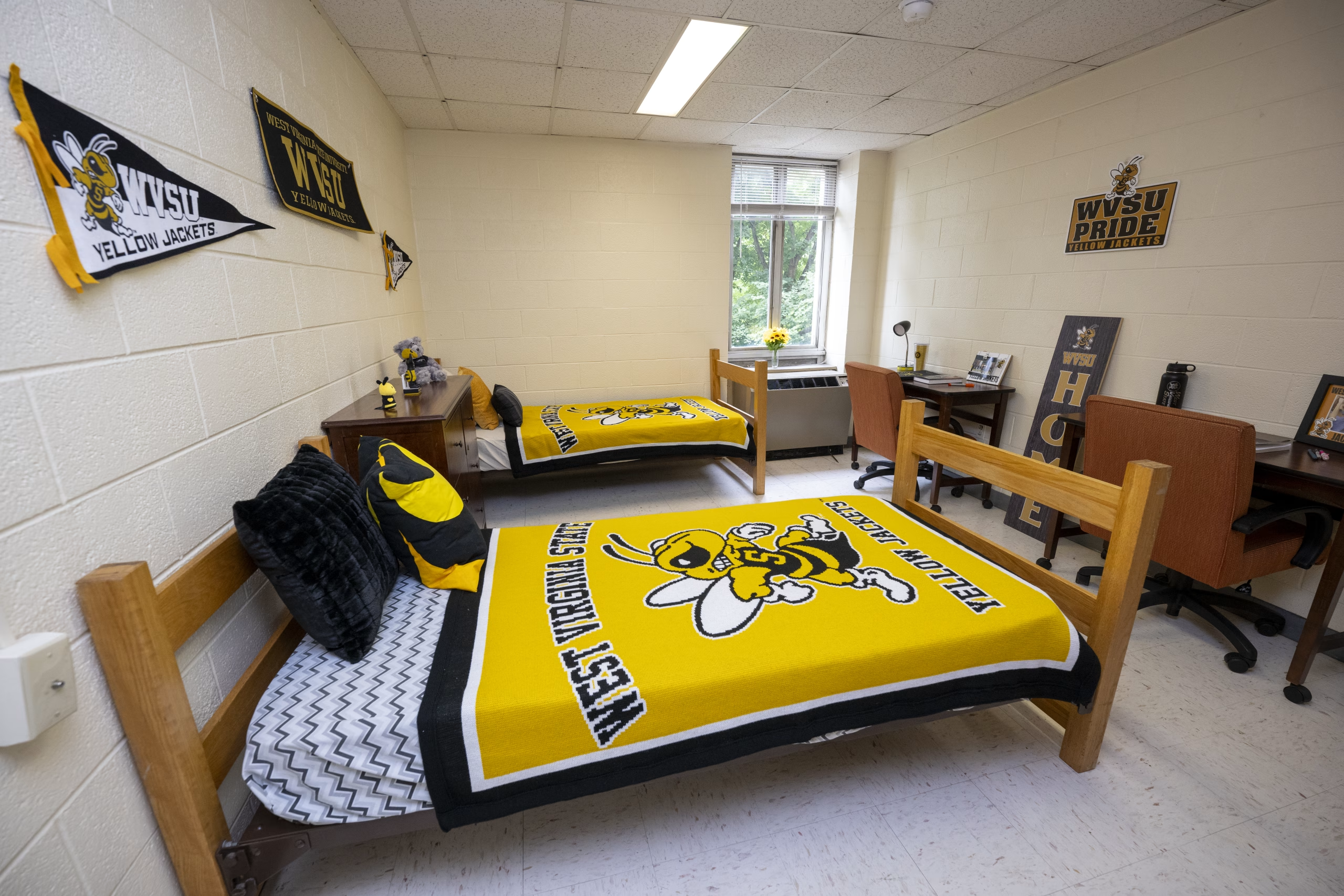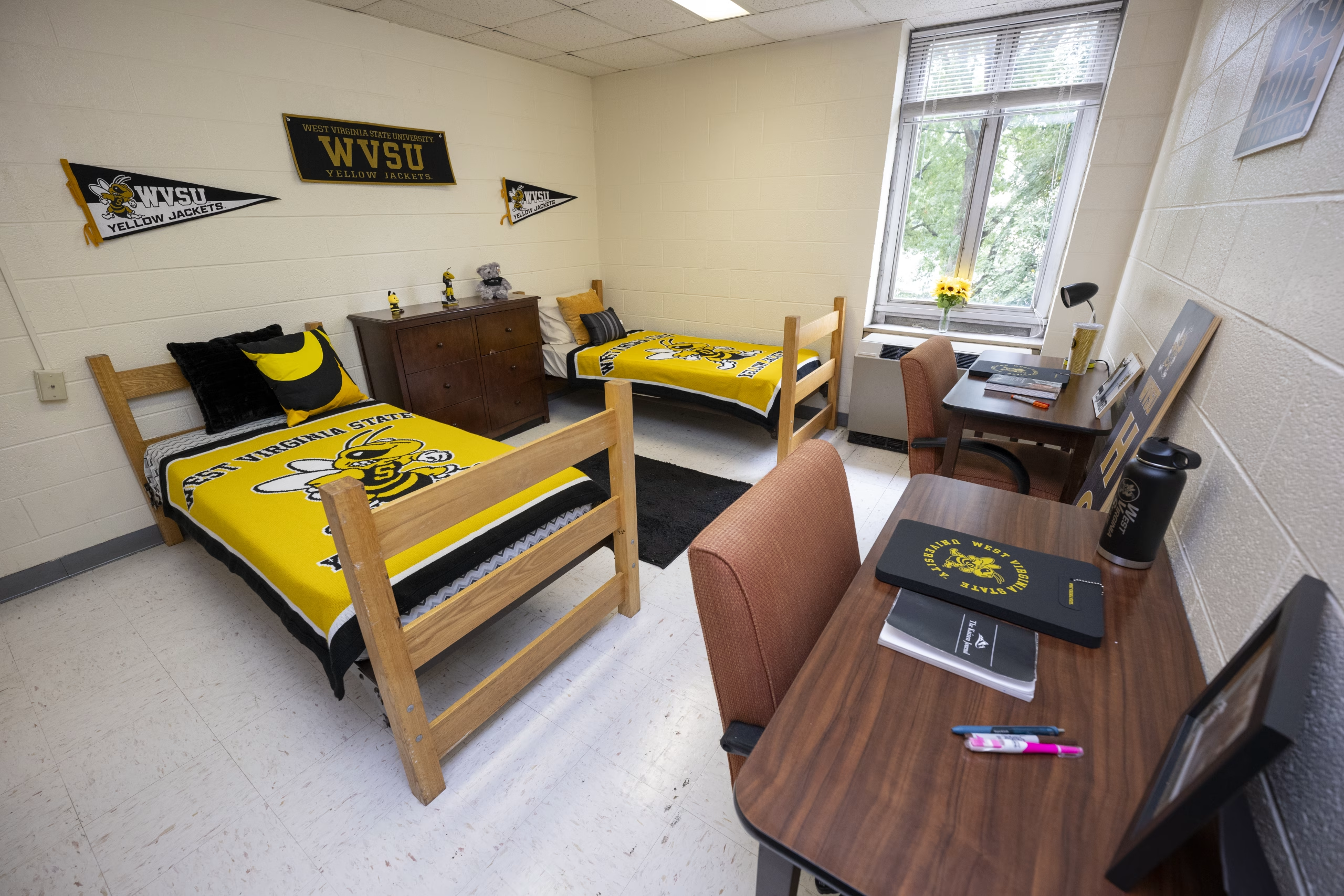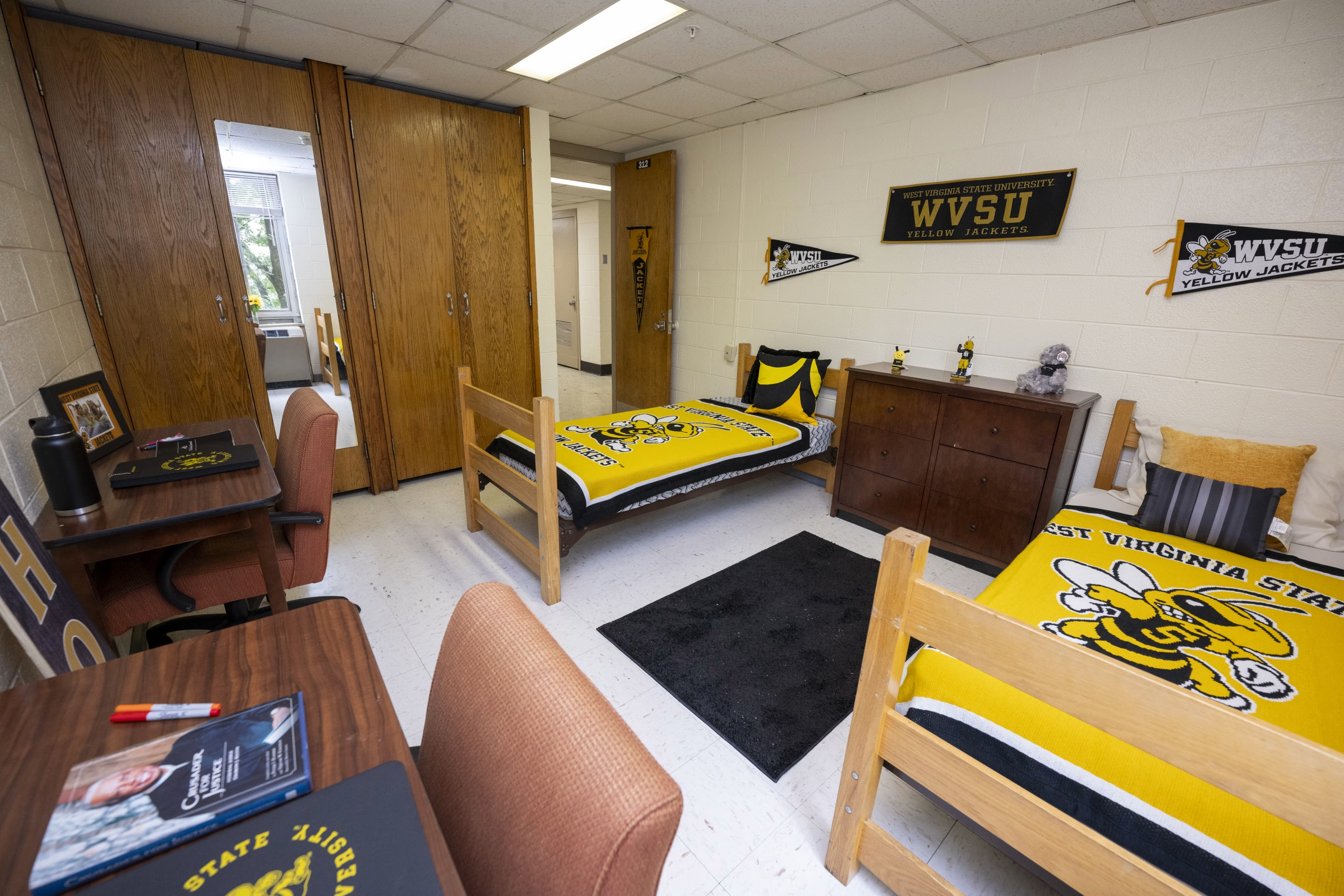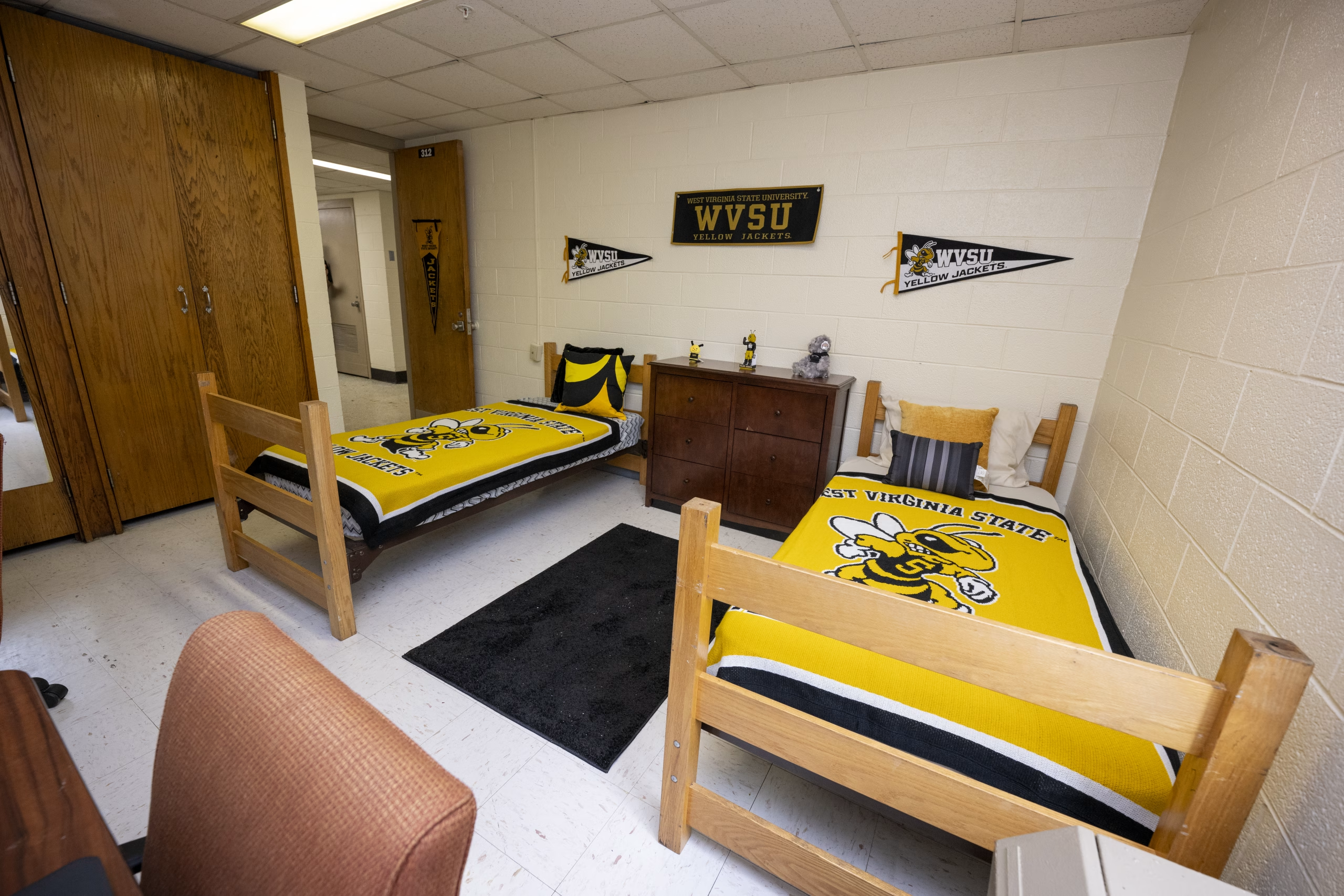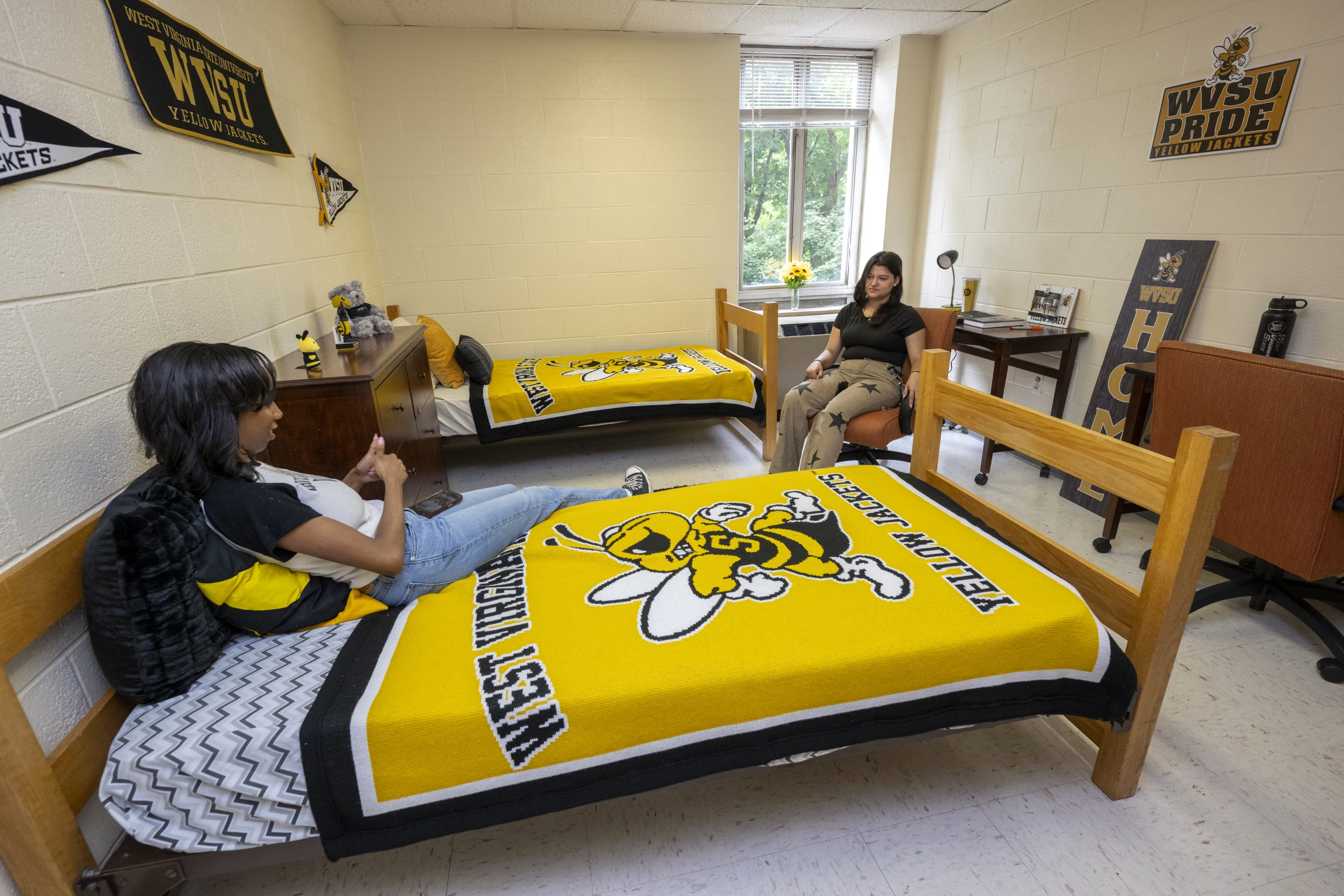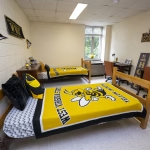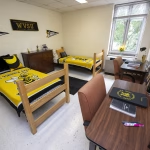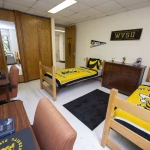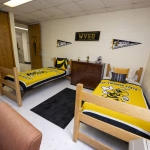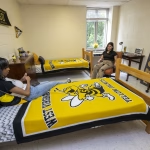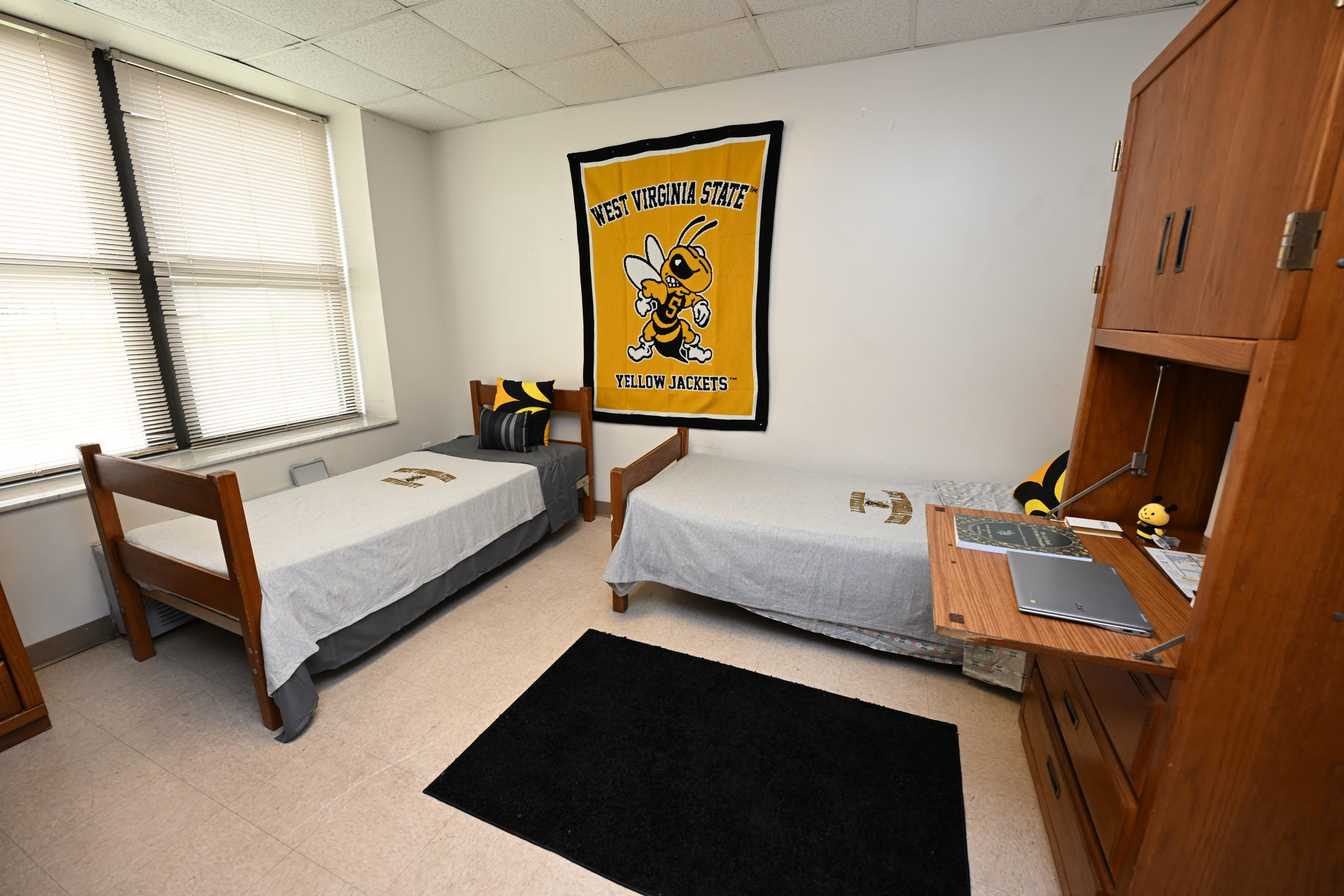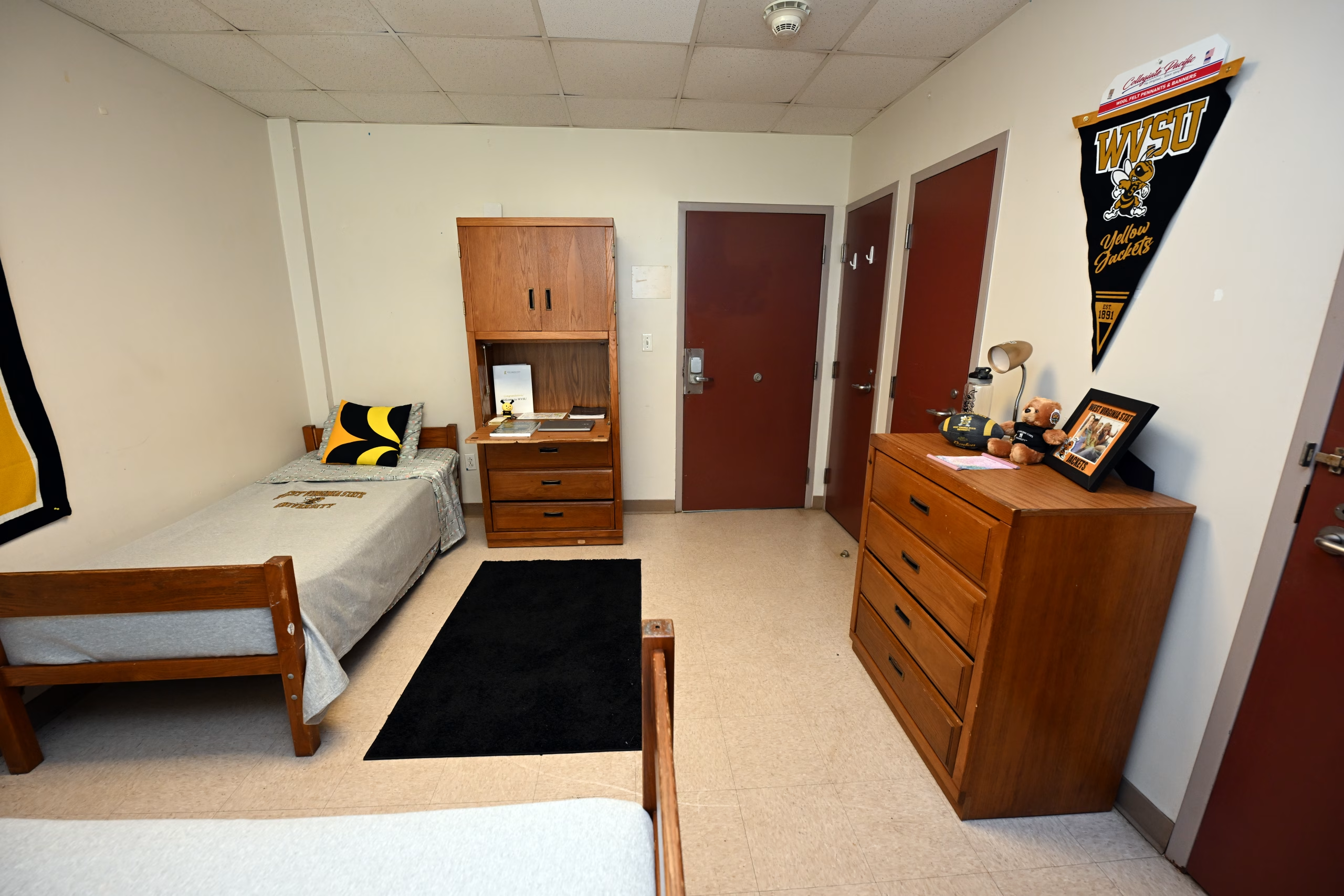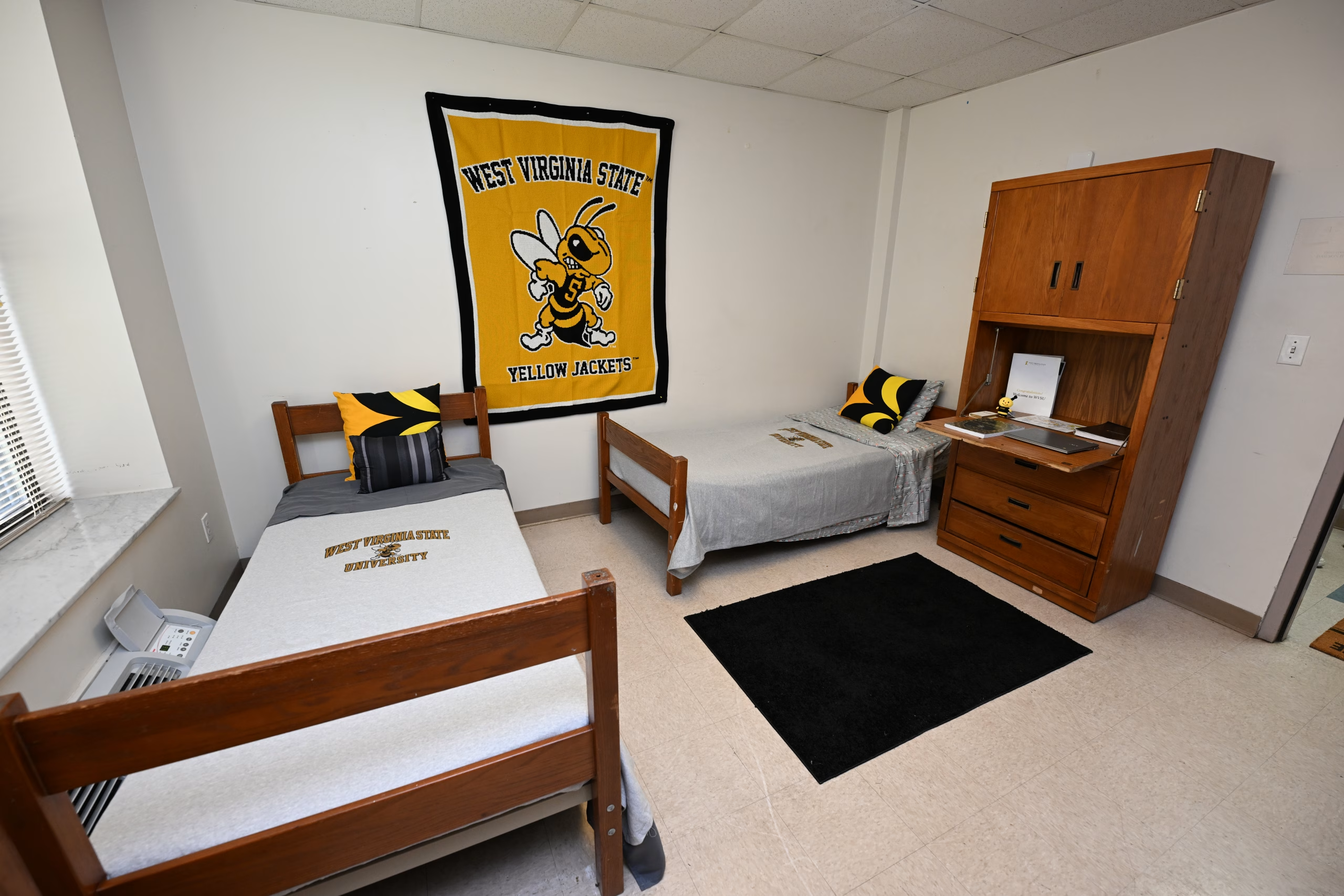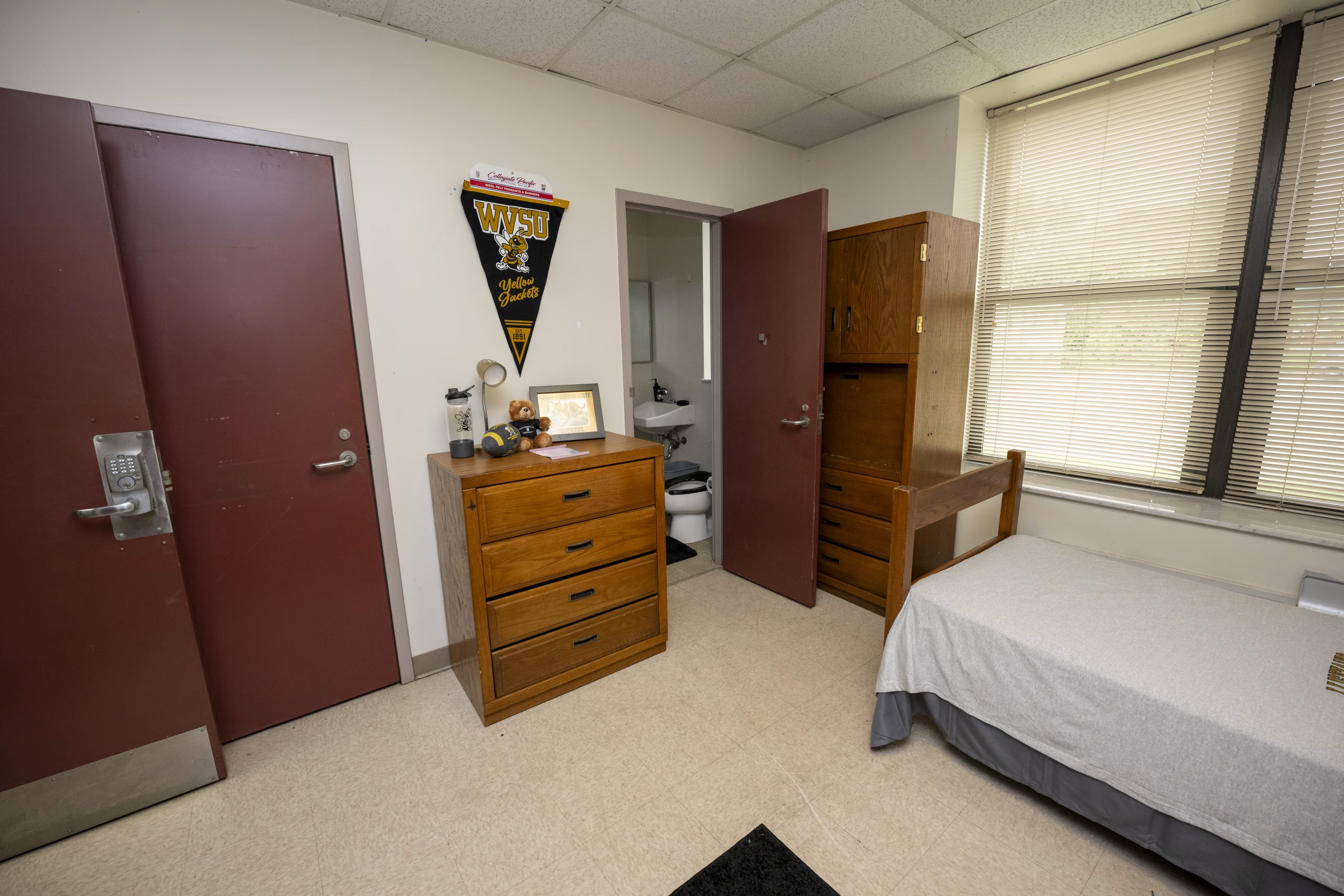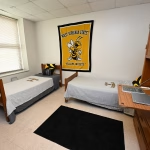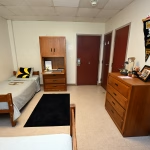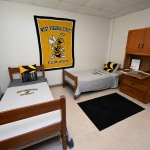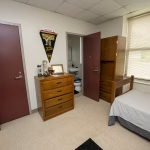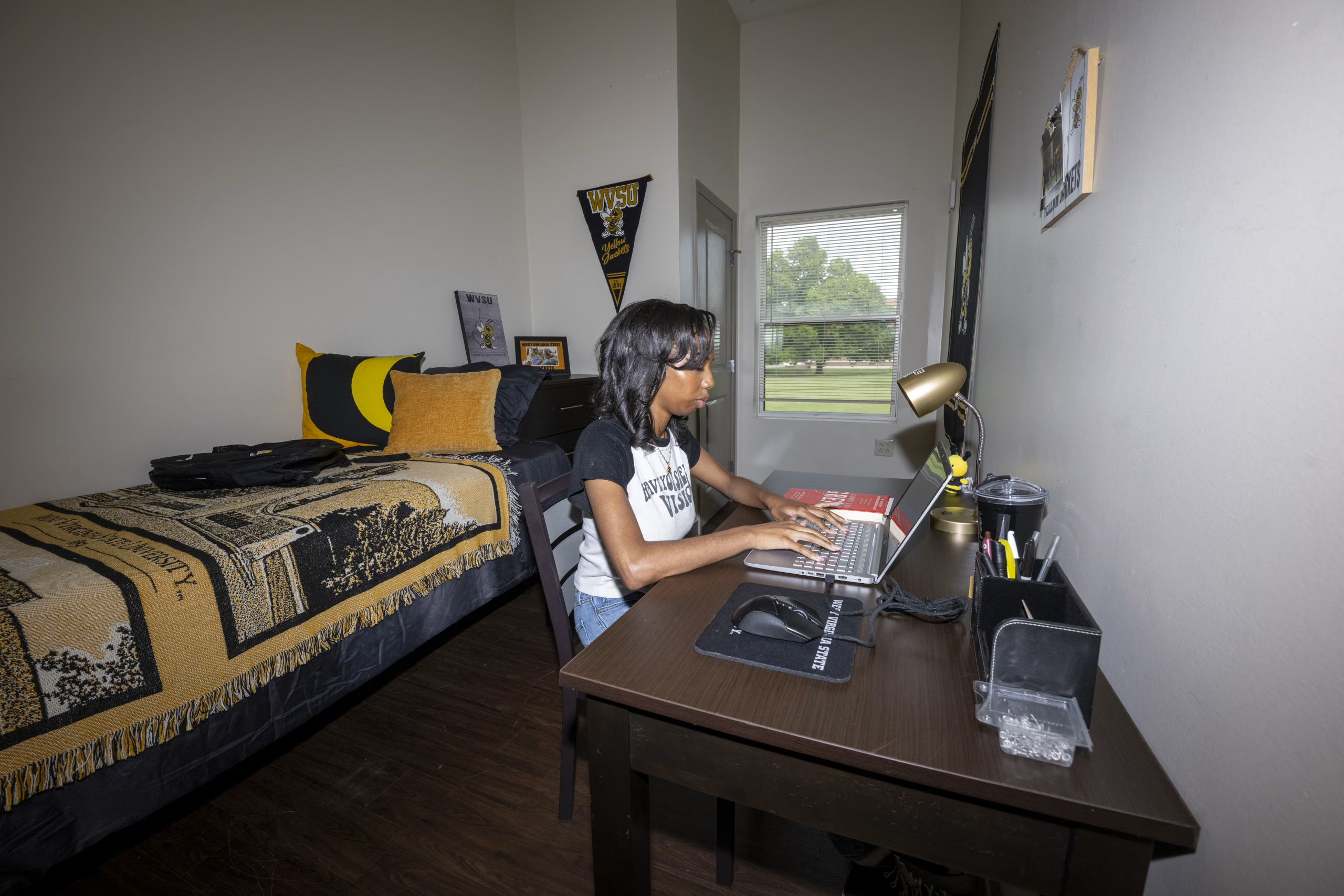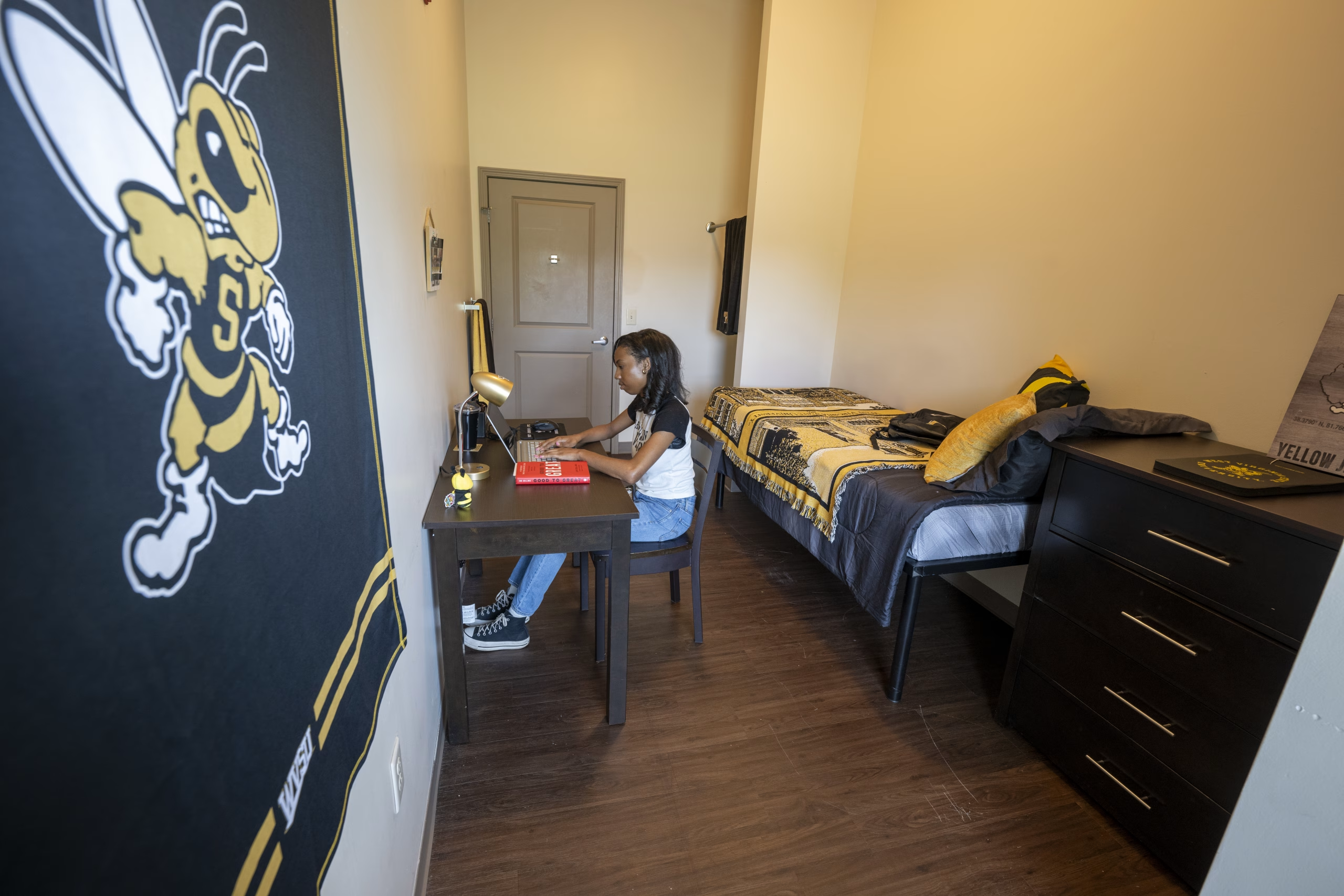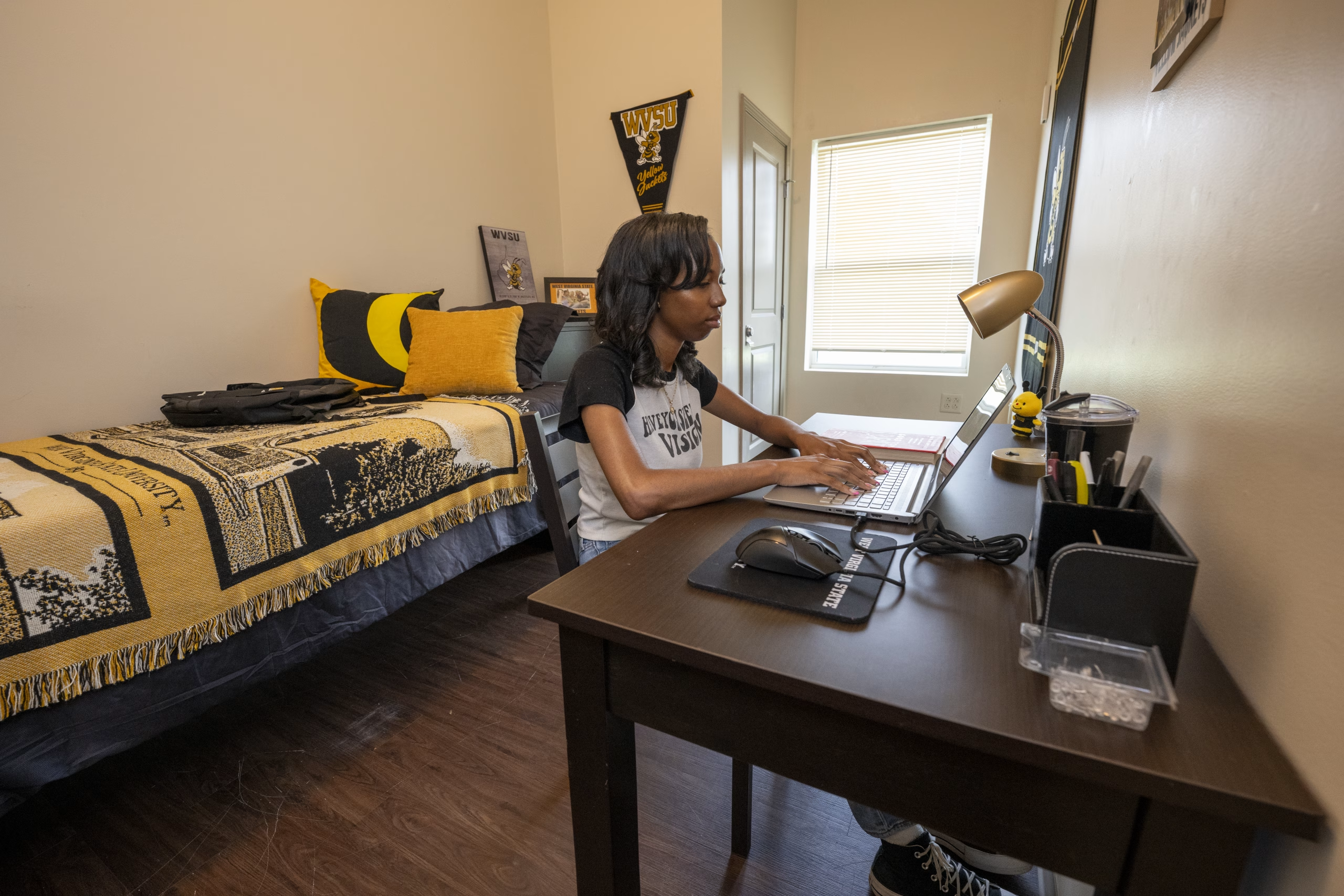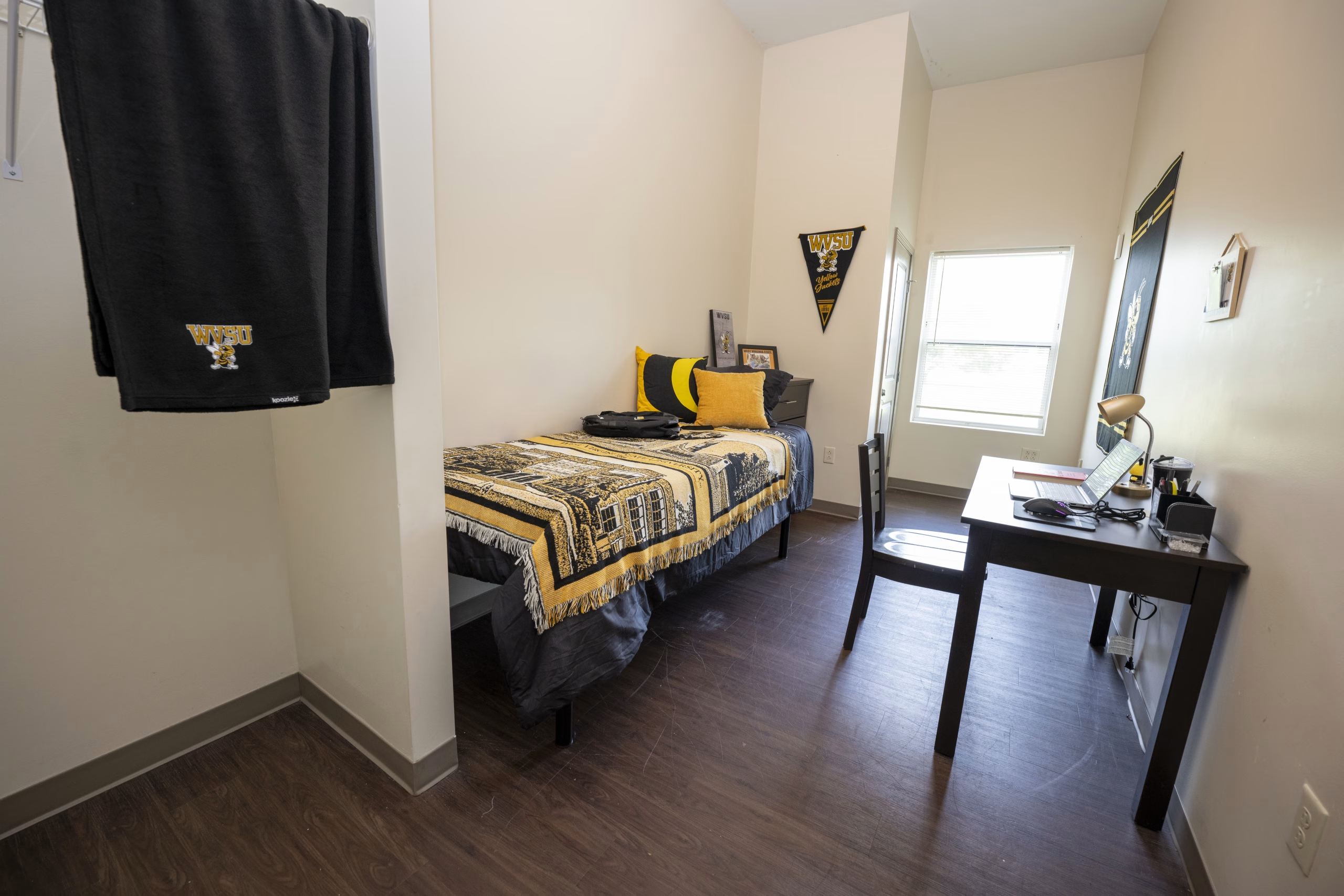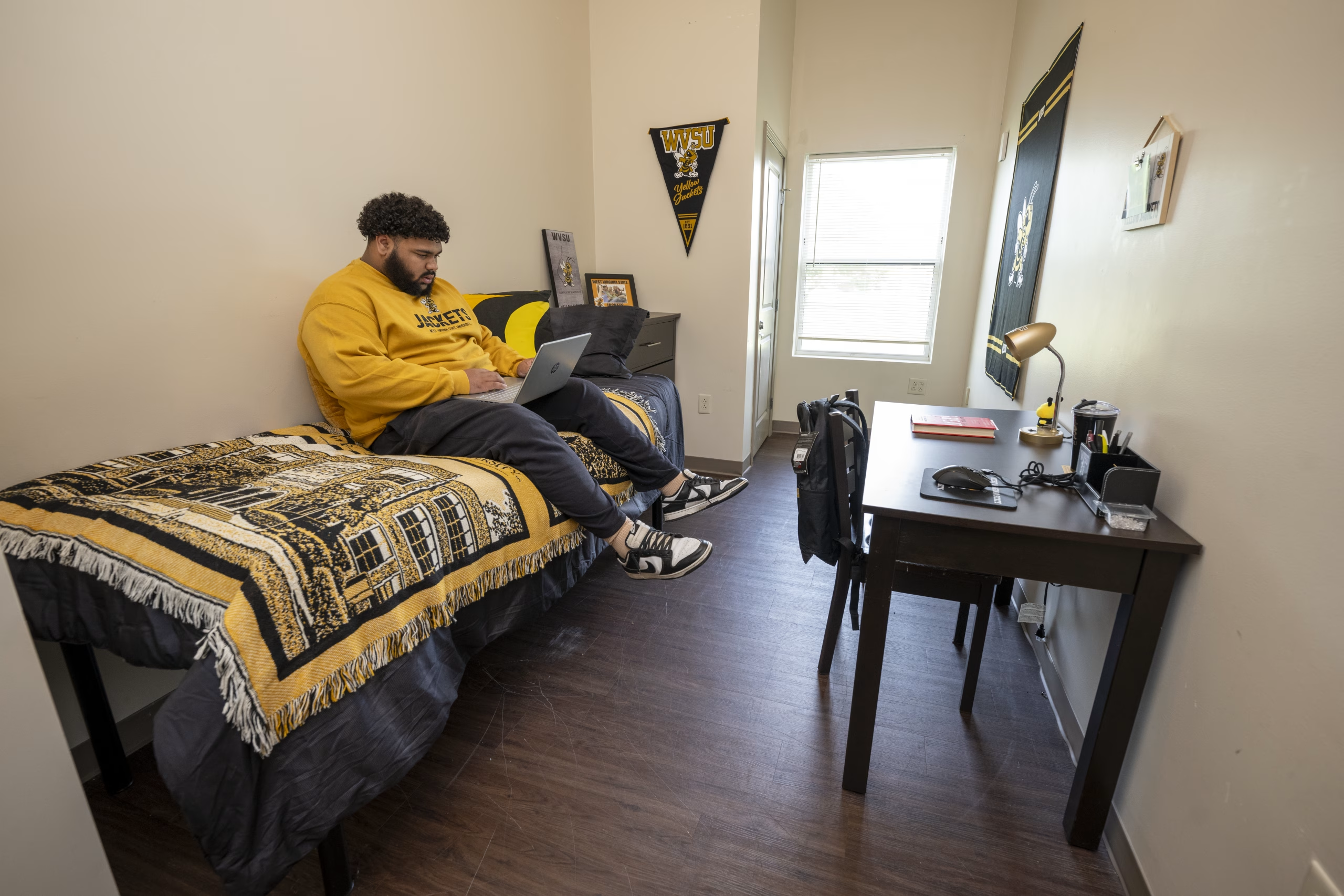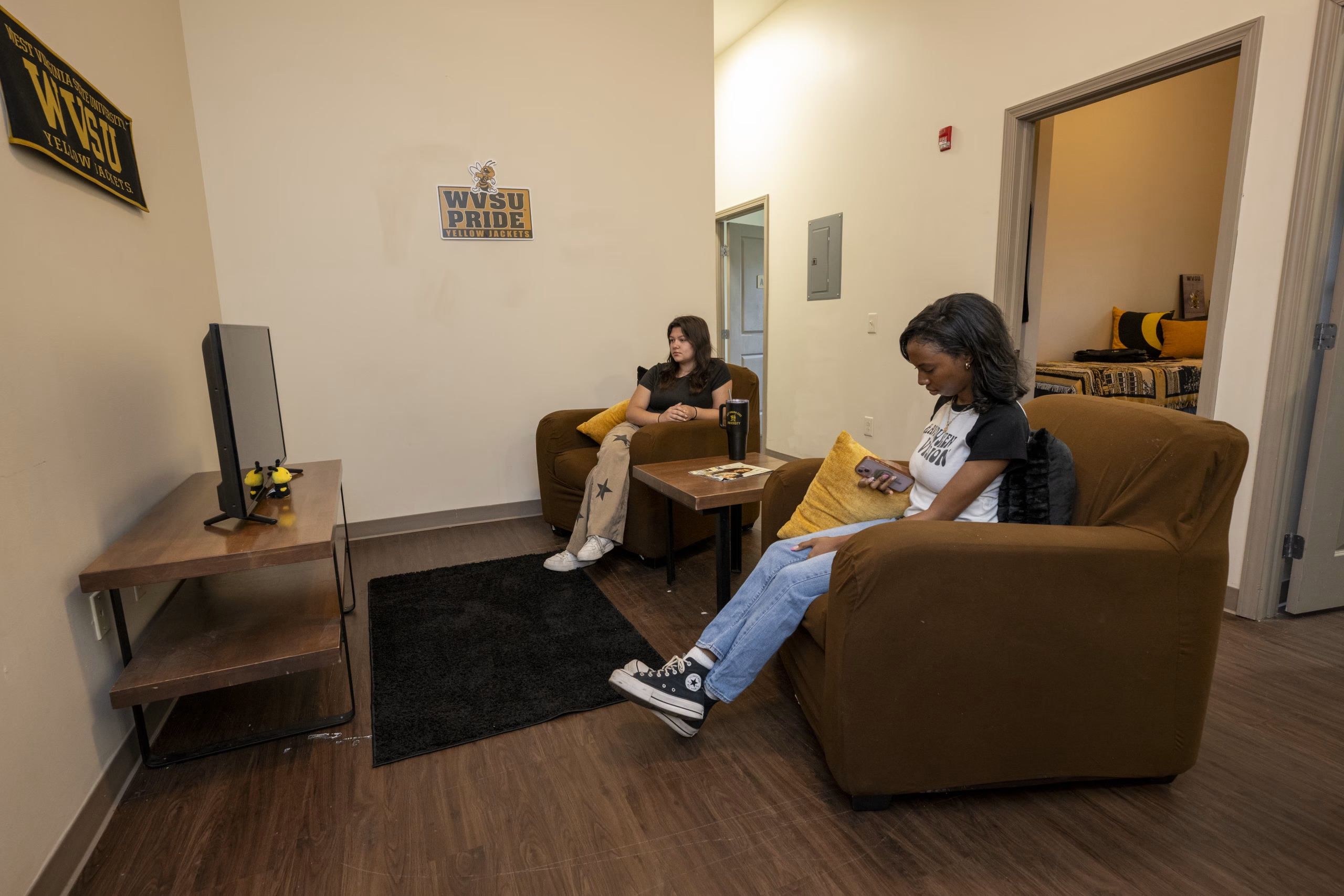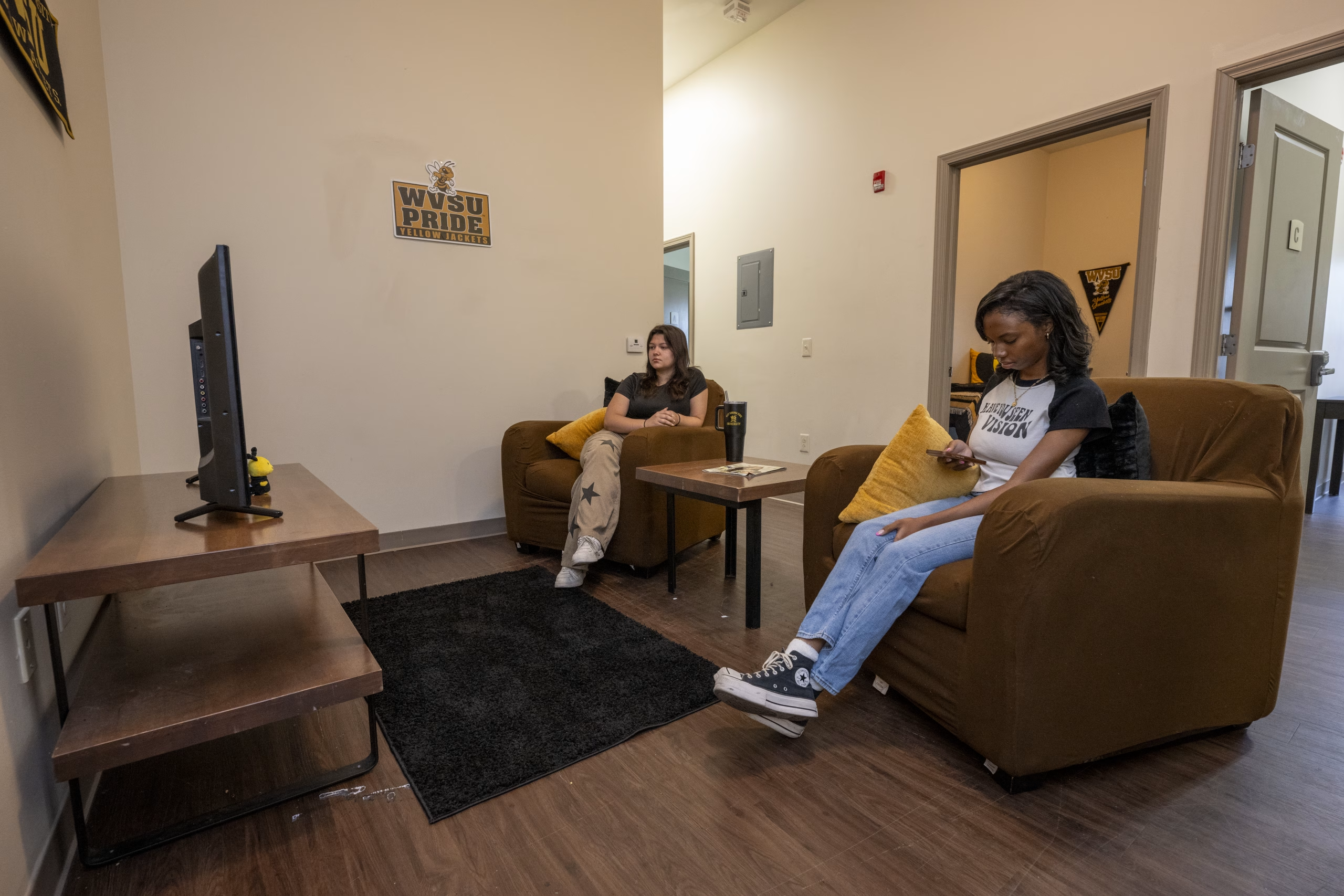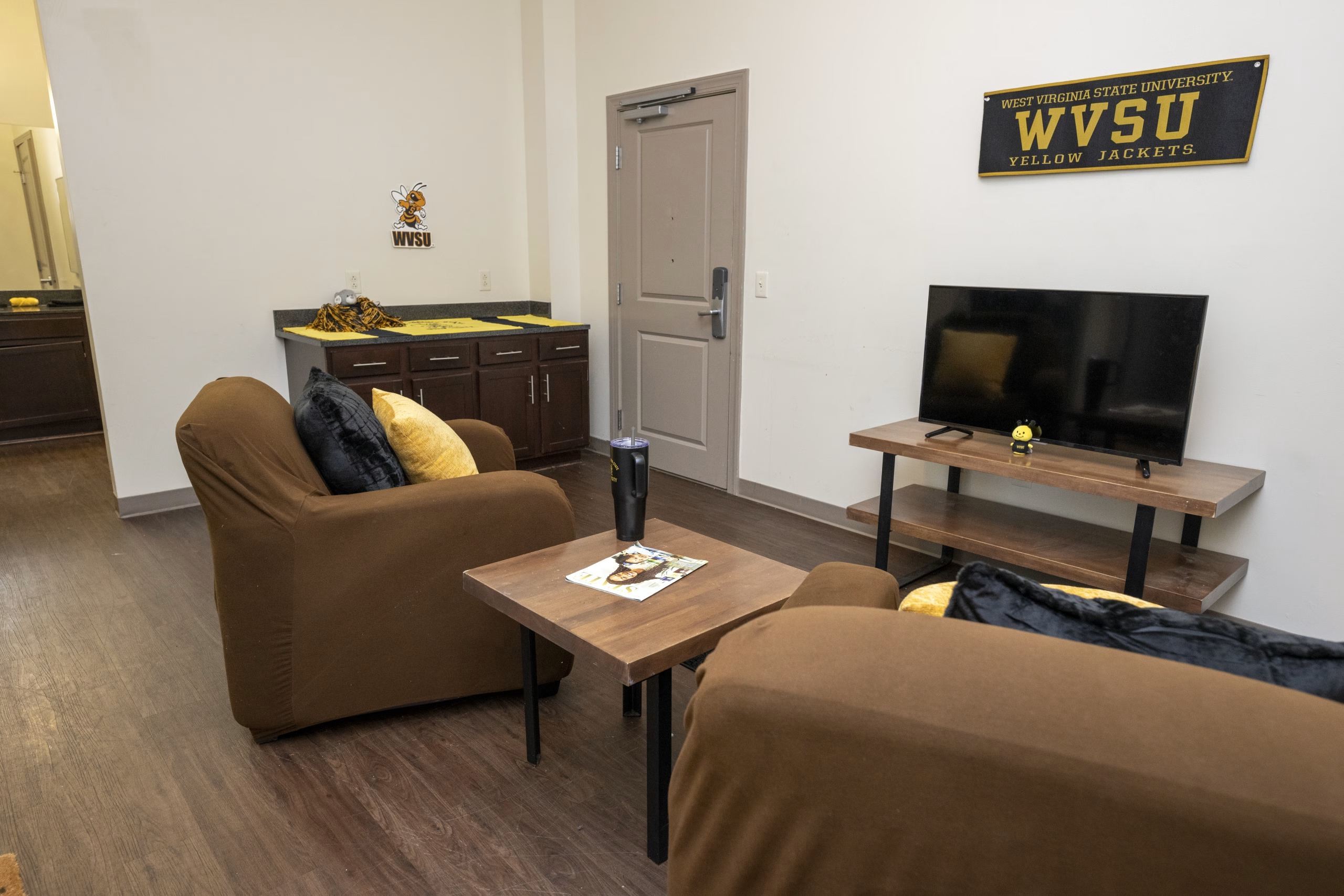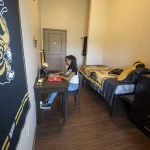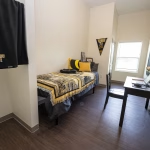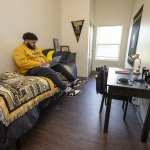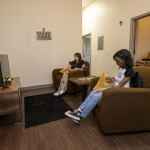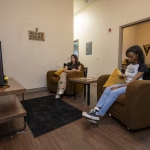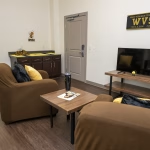Our Vision
West Virginia State University Office of Housing and Residence Life is committed to fostering inclusive, safe, and vibrant living communities for our Residential Yellow Jackets. Our Department’s vision includes not just maintaining our standards of excellence but elevating them, ensuring that our residence halls are more than just places to live—they are places where lifelong memories are made, and meaningful relationships are forged.
Welcome Home Yellow Jackets!
Important Notice!
All 2026–2027 Housing Applications will go live Friday, February 20, 2026, at 9:00 a.m.
At West Virginia State University, living on campus is more than just having a place to stay, it’s about finding family. In the Office of Housing and Residence Life, we believe every hallway, lounge, and shared space is a chance to build meaningful connections and create a true home away from home. Click the Link Below to Discover more!
Meet the Director of Housing and Residence Life
Dear Yellow Jacket Nation,
It’s no longer an introduction. It’s a continuation of the journey.
Now in her second year as Director of Housing and Residence Life at West Virginia State University, Ms. Shelby Joiner continues to lead with purpose, passion, and an unwavering commitment to student success. A proud Georgia native, Ms. Joiner brings with her a strong foundation in student housing and engagement from institutions such as Albany State University, Fort Valley State University, and Johns Hopkins University.
With a leadership style rooted in visibility, empathy, and accountability, she has redefined what it means to live and learn on campus. Whether implementing systems for efficiency, empowering student leaders, or responding to the real needs of students, Ms. Joiner ensures that housing is more than just a place to sleep. It’s a place to grow.
Affectionately known by students as “Mama J,” a name that has followed her since her early days at Albany State University, she brings heart, humor, and high standards to every residence hall she leads.
Her vision continues to shape a residential experience that reflects the heart of WVSU: intentional, welcoming, and rooted in excellence.
Office of Housing and Residence Life
Judge Damon J. Keith Scholars Hall S114
(304) 766-5707
Fax: (304) 766-5174
E-mail: reslife@wvstateu.edu
Hours:
Monday – Friday 8:30 a.m. – 5:00 p.m. (Regular Hours)
Monday – Friday 8:00 a.m. – 4:00 p.m. (Summer Hours)
Explore the Office of Housing and Residence Life at WVSU
Sullivan Hall
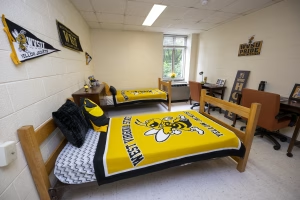
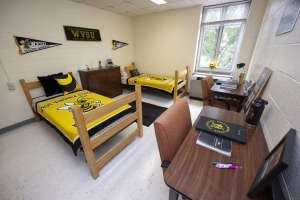
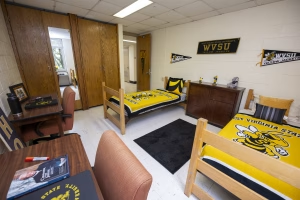
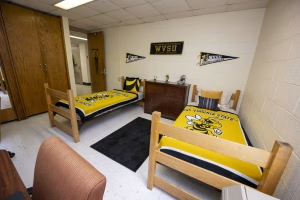
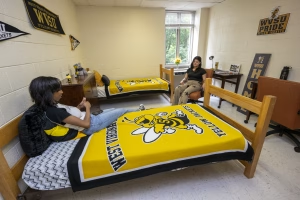
Dawson Hall
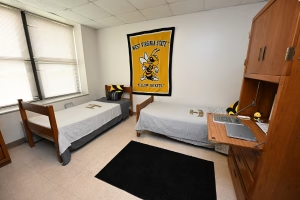
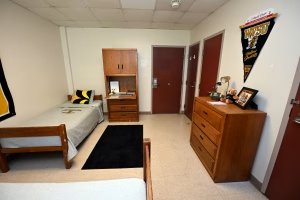
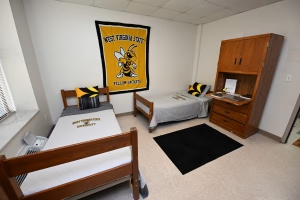

Keith Hall
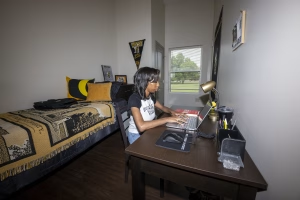
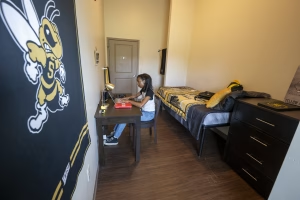
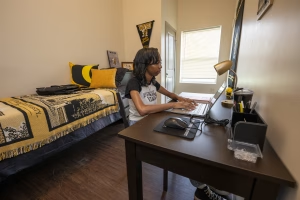
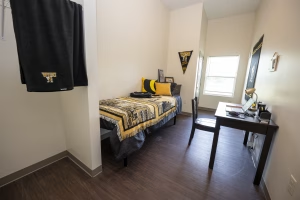
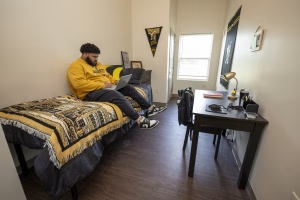
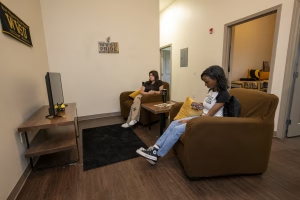
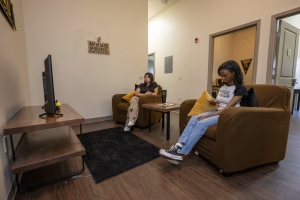
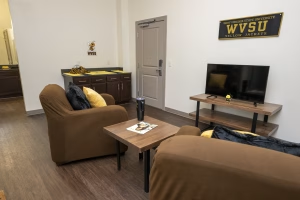
Personal Property Insurance Information
Related Links:
Get sports schedules, up-to-date scores and results, ticket information and more from the official athletic site of West Virginia State University.
The Financial Aid website will help you get financially prepared to attend school and provide give advice and guidance for
The Bookstore is where you can purchase books, stock up on school supplies and get your Yellow Jacket gear and apparel.
Campus Support Services
Any WVSU student who has a current Student ID is welcome to utilize the Thomas Care Clinic and take advantage
Public Transportation Links for Charleston and surrounding areas
Public Transportation in the Kanawha Valley


